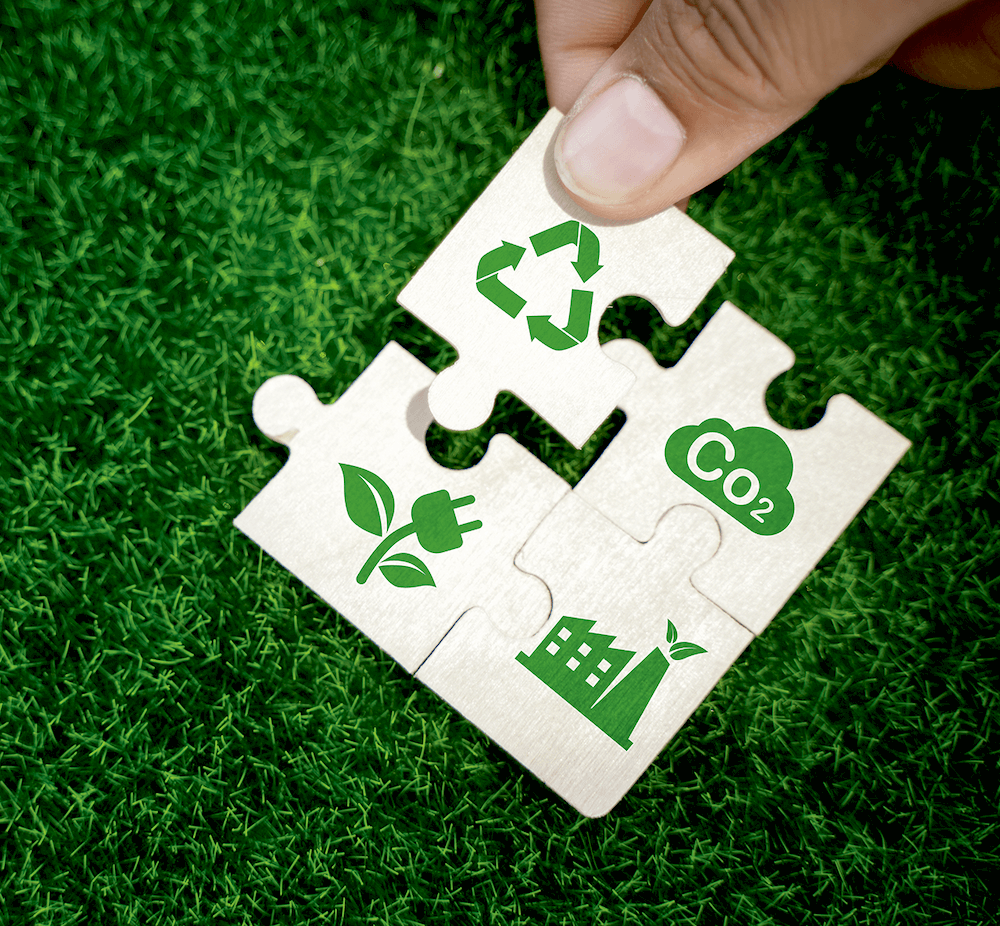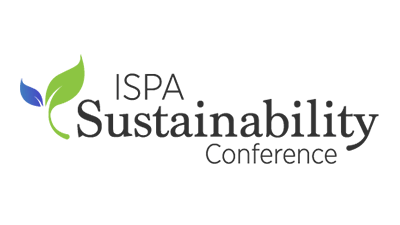The bedding industry is approaching environmental responsibility from all sides and all segments.

This month, BedTimes is launching a monthly Sustainability section of the magazine. It’s been an occasional department in the past and the magazine covers sustainability news and trends throughout each issue. But given the industry’s concentrated and concerted efforts in the area, the editors wanted to dedicate space to sustainability and circularity every month.
It’s fitting that we’re kicking it off in April, home to Earth Day (this year on April 22) and in an issue that celebrates the 10th anniversary of the Mattress Recycling Council, which is credited with helping to spur the bedding industry’s interest in recycling and its commitment to producing more sustainable sleep products, as well as its focus on saving energy and reducing emissions.
“[Sustainability] has been a natural progression for our industry,” says Kate Caddy, director of sustainability for the International Sleep Products Association. “The industry prioritized mattress recycling and has continued to ask important questions like ‘What are we doing to improve the environmental performance of our products?’ ‘How can we grow in this area?’ ‘Who can we collaborate with to achieve this?’ Many within our industry were already working on sustainability initiatives, and ISPA’s goal is to support and amplify these efforts, driving sustainability forward to help reduce waste, improve recycling rates and, ultimately, improve circularity in the sleep products industry.”
Some companies, like Leeds, England-based bedding producer Harrison Spinks, are reorienting their entire business model with an eye toward environmental sustainability. Its efforts range from growing its own hemp and flax to creating a pocketed coil machine that reduces both energy and material usage. It’s increasingly common for bedding industry companies to release annual sustainability reports, in addition to their financial reports.
The ways that the industry is tackling sustainability issues are varied and wide. These are just some examples; there are far too many to mention here.
Sustainable Mattress Components: Eco-Friendly Materials & Innovation
The industry has long offered natural and organic components, including organic cotton and latex, wool, alpaca, horsehair and other materials. Newer components include Repreve, a sustainable, performance fiber made from plastic bottles diverted from the waste stream; and Seacell, a fiber made from harvested seaweed, that a variety of fabric suppliers are incorporating into their products. Orbis is a flexible polyurethane foam from The Vita Group in Manchester, England, that is made with raw materials sourced from recycled post-consumer foam mattresses. SABA, an adhesives supplier with U.S. headquarters in Kimball, Michigan, offers Sabamelt 4742, a polypropylene-based hot-melt adhesive for pocketed coil production. It allows the polypropylene fabric to be recycled without removing the adhesive at the end of mattress life. Upaco, the adhesives division of Worthen Industries based in Richmond, Virginia, offers an adhesive for foam lamination called Foamlam 1573 that’s made largely from natural latex. The result of these innovations and others is that more sustainable options are now available for every mattress component.
Sustainable Mattress Construction: Innovative & Eco-Friendly Designs
Looking at the core of most hybrid mattresses — a notoriously hard to recycle part of the bed — A&S Innersprings USA, based in Windsor, Connecticut, showed off a couple of sustainable pocketed innerspring units, including one made without glue and using a cotton fabric at ISPA EXPO last year. And companies like Carthage, Missouri-based Leggett & Platt Inc. are reimagining how entire mattresses are put together, with an eye toward how they come apart at the end of their useful life.
Innovations in Sustainable Mattress Manufacturing Processes
Machinery producers are helping mattress producers operate more effectively and efficiently to save not only money but resources. For example, at the latest ISPA EXPO in 2024, Atlantic Automation Co., based in Lawrenceville, Georgia, showcased its H993 waste recycling line to recover residual fabrics, nonwovens and fibers.
Creating a Low-Carbon Mattress Supply Chain
Covestro AG, a manufacturer of polymer materials and components with world headquarters in Leverkusen, Germany, and U.S. headquarters in Pittsburgh, has become one of the latest companies to reach net-zero Scope 2 electricity emissions (see story here). Another example: Transportation and logistics company J.B. Hunt Transport Services Inc. has created a solar facility that will generate enough electricity to offset as much as 80% of the power used by its three main corporate campus buildings at its headquarters in Lowell, Arkansas.
Driving Sustainability Forward: The Mattress Industry’s Collective Impact
ISPA launched its successful annual Sustainability Conference in 2022 and will hold the next one Sept. 10-11 in Atlanta. The event draws together experts, industry leaders and colleagues to share the latest sustainability technologies and techniques, research and legislative updates. It’s not too early to plan to attend. Learn more at ISPASustainability.com.
In the coming months, we’ll look at everything from how consumers feel about sustainable products to engaging employees in sustainability initiatives to using artificial intelligence for circularity and more. And remember that BedTimes always wants your sustainability news. Send news releases to Associate Editor Burt Dellinger at [email protected].
ISPA Sustainability Conference Is Back

Registration is open for the fourth annual International Sleep Products Association Sustainability Conference.
The conference will be held Sept. 10-11 at Wyndham Atlanta Buckhead Hotel and Conference Center in Atlanta. This year’s conference offers a full two days of workshops and seminars that are included with the registration fee.
It will kick off with a workshop — Greenhouse Gas Accounting: Key Methods for Measuring and Tracking Your Environmental Footprint. Introducing the fundamentals of greenhouse gas accounting, this session will include essential methods for tracking, measuring and reporting emissions. These techniques can reveal actionable strategies for minimizing emissions across an organization and supply chain, while meeting regulatory requirements and advancing a company’s climate goals.
Other speakers and topics for the event include:
- Covestro’s Sustainability Journey with Federico Olivares, Venture Builder, Group Innovation and Sustainability
- Driving Sustainability Forward in the Automotive Industry, Deborah Mielewski, retired from the Ford Motor Co.
- Legislative Update with Alison Keane, ISPA and MRC
- President
- Taking it All Apart: A Mattress Recycler Panel and Mattress Disassembly Demonstration
- Investing in Sustainability: Understanding Investor’s Priorities
- Circling Back: Key Insights from MRC’s 2025 Circular Design Workshop
- Turning Returns into Opportunities: One UK Company’s Solution with Nick Ottenger, CEO of TFR Group
Receive the early bird rate by registering now at ISPASustainability.com.




